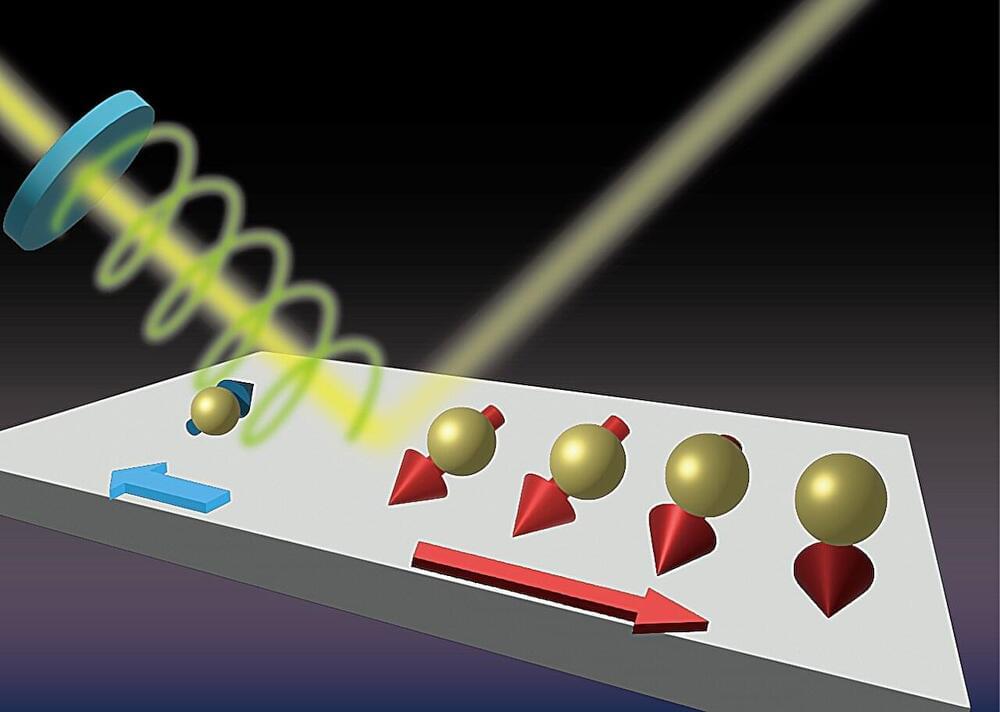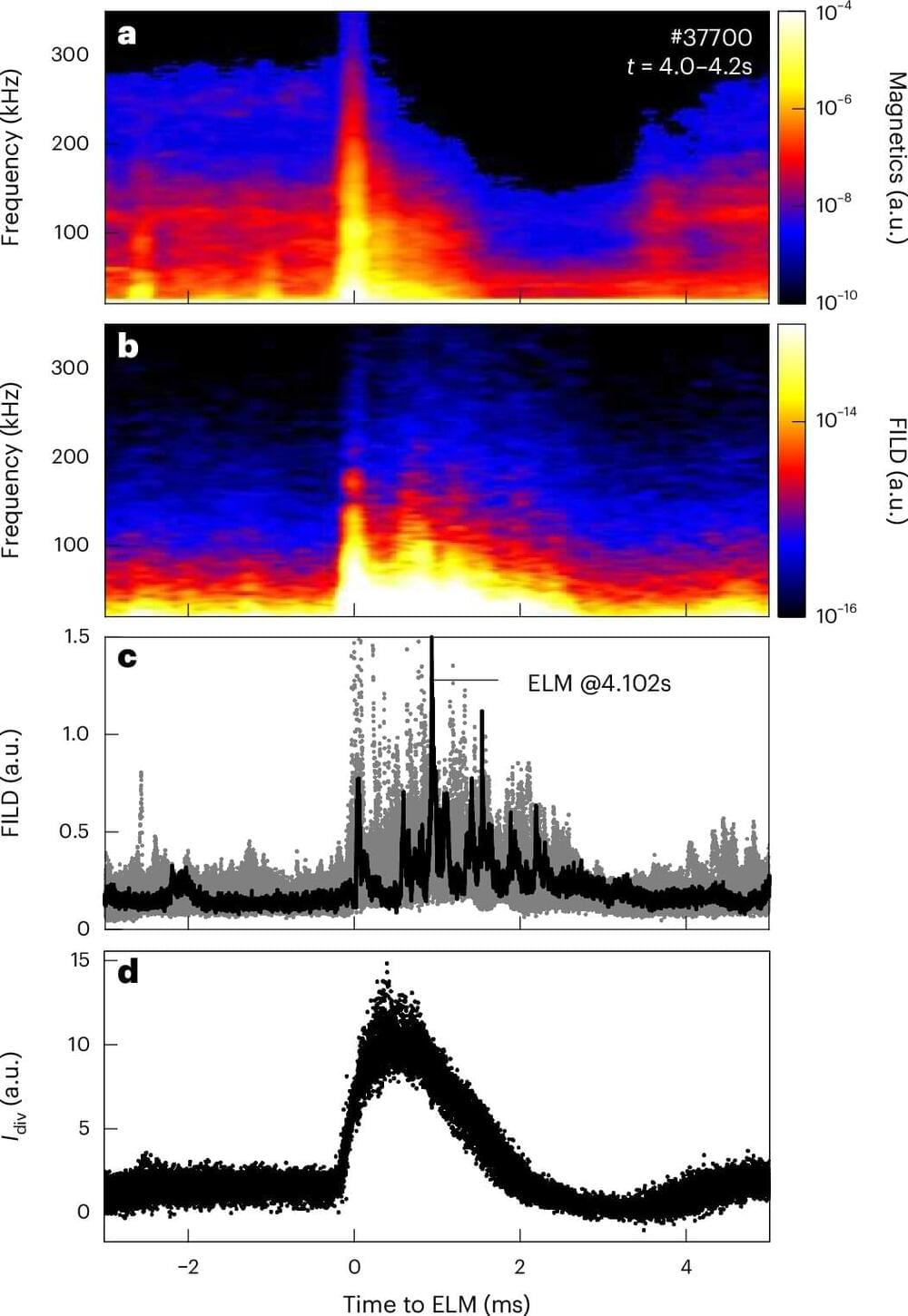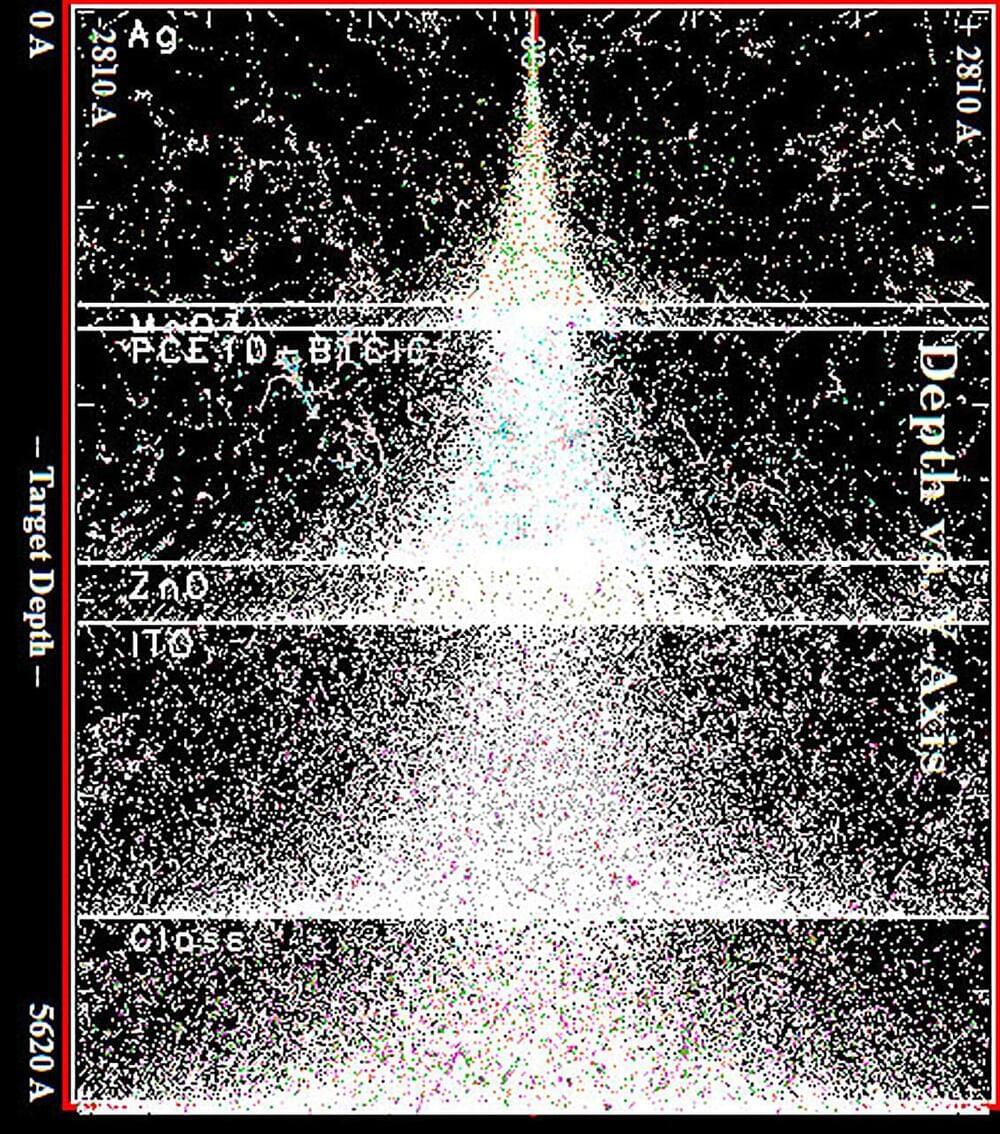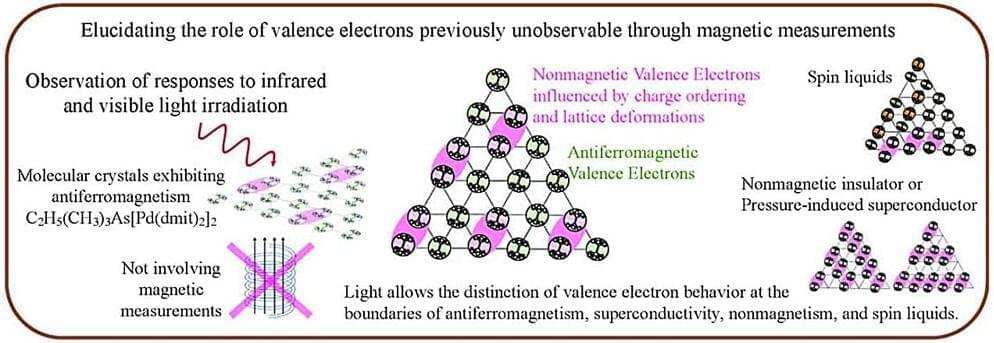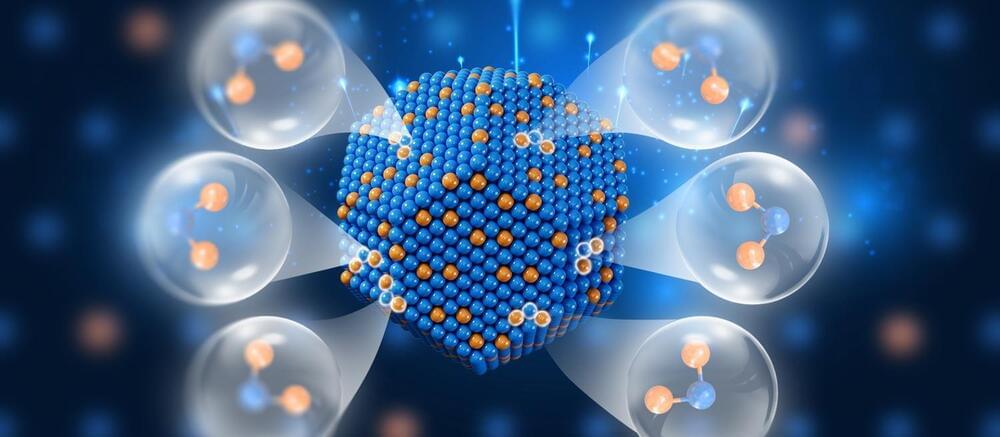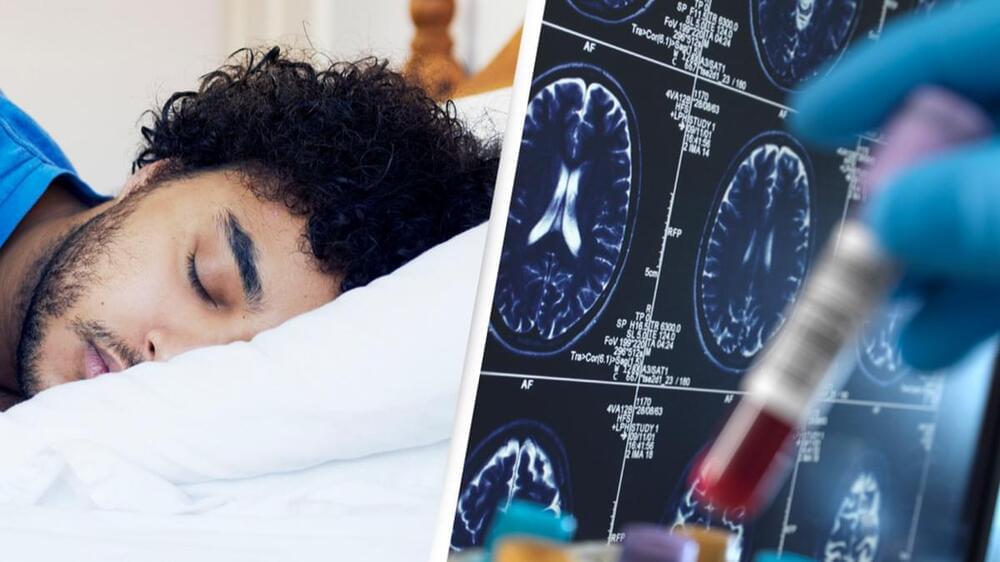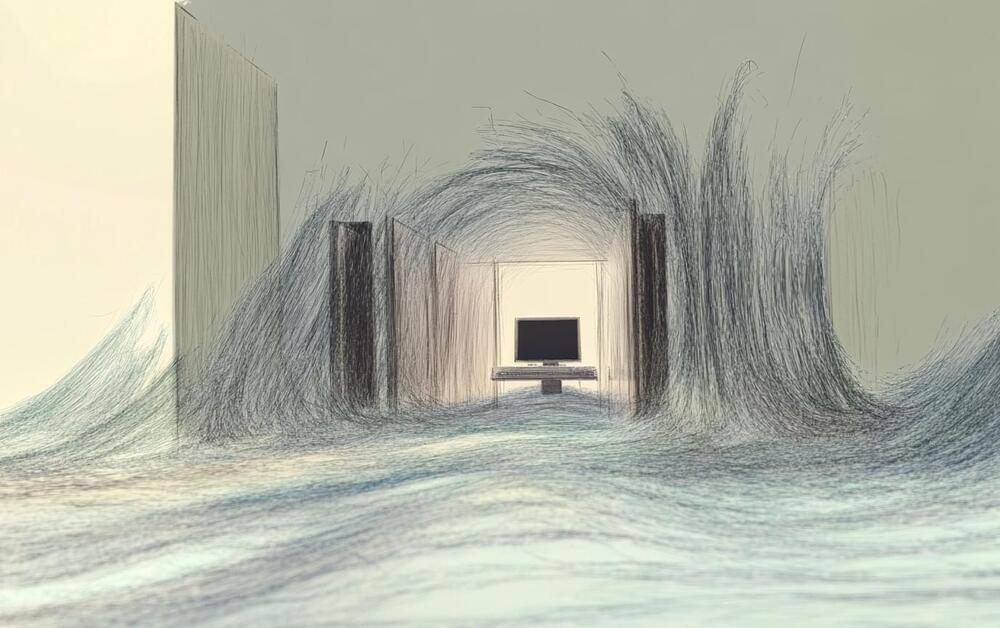Researchers at the University of Tokyo have demonstrated that the direction of the spin-polarized current can be restricted to only one direction in a single-atom layer of a thallium-lead alloy when irradiated at room temperature. The discovery defies conventions: single-atom layers have been thought to be almost completely transparent, in other words, negligibly absorbing or interacting with light.
The one-directional flow of the current observed in this study makes possible functionality beyond ordinary diodes, paving the way for more environmentally friendly data storage, such as ultra-fine two-dimensional spintronic devices, in the future. The findings are published in the journal ACS Nano.
Diodes are fundamental building blocks of modern electronics by restricting the flow of currents to only one direction. However, the thinner the device, the more complicated it becomes to design and manufacture these functional components. Thus, demonstrating phenomena that might make such developmental feats possible is critical. Spintronics is an area of study in which researchers manipulate the intrinsic angular momentum (spin) of electrons, for example, by applying light.
